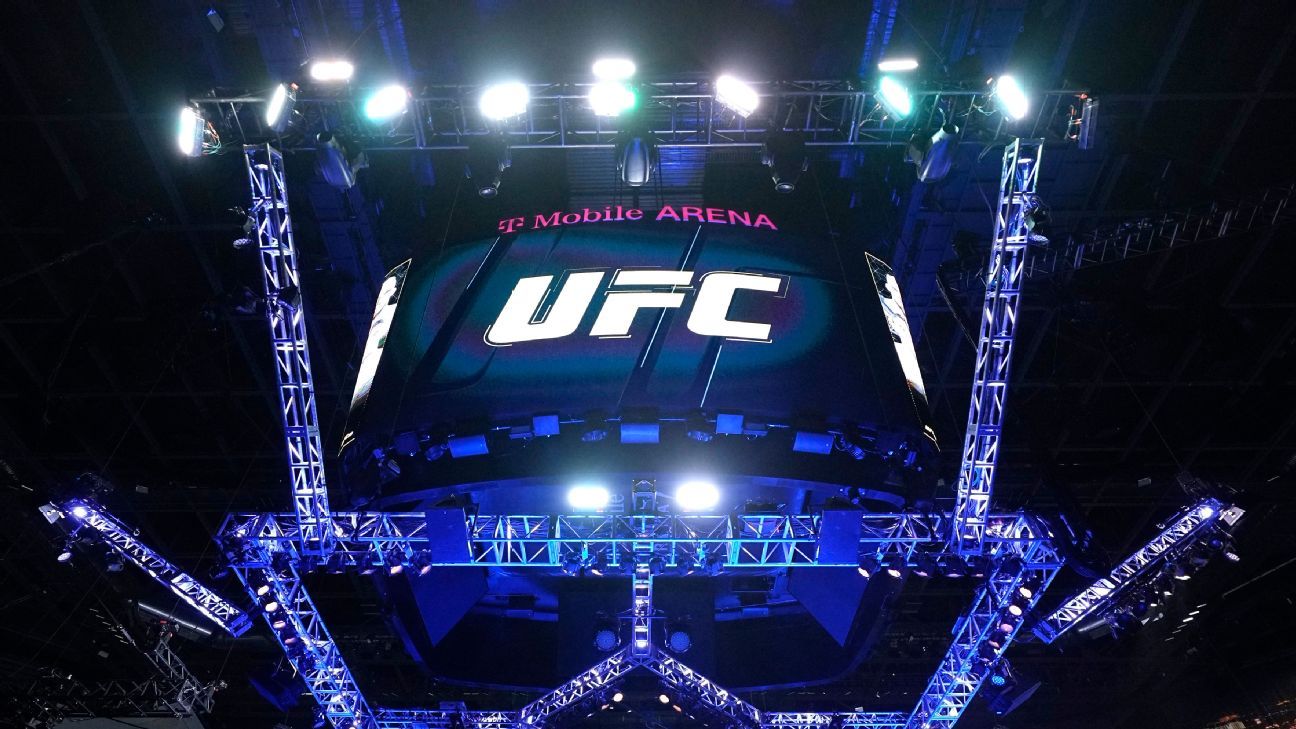Several well-known current and former fighters, including a UFC Hall of Famer, will testify on behalf of the UFC in an upcoming class-action antitrust case, per a brief filed Thursday in U.S. District Court for the District of Nevada.
Current star Michael Chandler, as well as luminaries Michael Bisping and Chael Sonnen are listed as expected witnesses for the defendants in UFC parent company Zuffa’s trial brief. Bisping is in the UFC Hall of Fame. Two other fighters — women’s star Miesha Tate and retired fan favorite Donald “Cowboy” Cerrone — are also listed in the brief as expected witnesses. The trial is expected to begin on April 15 in Las Vegas, though Zuffa counsel is attempting to push back the date due to a scheduling conflict.
Several well-known managers of MMA fighters are also listed as expected witnesses on behalf of Zuffa: Ali Abdelaziz, Jason House, Josh Jones, Dan Lambert and Ed Soares. Abdelaziz represents top pound-for-pound fighters like Khabib Nurmagomedov and Kamaru Usman. Lambert has worked as a manager and also owns Florida’s American Top Team, one of the most prestigious gyms in the world for MMA training.
UFC CEO Dana White is listed as current or former Zuffa employee that will be called as witnesses. In addition to White, former Zuffa co-owner Lorenzo Fertitta; matchmakers Joe Silva, Sean Shelby and Mick Maynard; UFC regulatory affairs head Marc Ratner; and UFC chief operating officer Lawrence Epstein, among others, are listed as expected witnesses.
Bloody Elbow was the first to report information from the briefs.
The plaintiffs are claiming the UFC engaged in a scheme “to acquire and maintain monopsony power in the market for elite professional MMA fighter services” by eliminating competition and suppressing wages. The plaintiffs are seeking damages anywhere between $894 million and $1.6 billion.
The listed plaintiffs are former UFC fighters Cung Le, Nathan Quarry, Jon Fitch, Brandon Vera, Luis Javier Vazquez and Kyle Kingsbury. But the entire group of defendants, due to it being a class action, is any fighter who competed in the UFC during the bout class, which runs from Dec. 16, 2010 to June 30, 2017. No fighter in the bout class has opted out of getting compensation if the plaintiffs win the case or there is a settlement.
In discovery, it came out that the UFC pays around 18% to 20% of its revenue to fighters, compared to closer to a 50-50 split in most major team sports. However, fighters in the UFC don’t have collective bargaining power to yield such results because of the lack of a union. UFC fighters are also classified as independent contractors, not employees.
In its trial brief, attorneys for Zuffa wrote that “antitrust laws are about protecting competition, not furthering the pecuniary goals of a select number of frustrated individuals” and that the case is “an attack on success.” The UFC denies having monopsony power and engaging in anticompetitive or exclusionary conduct.
